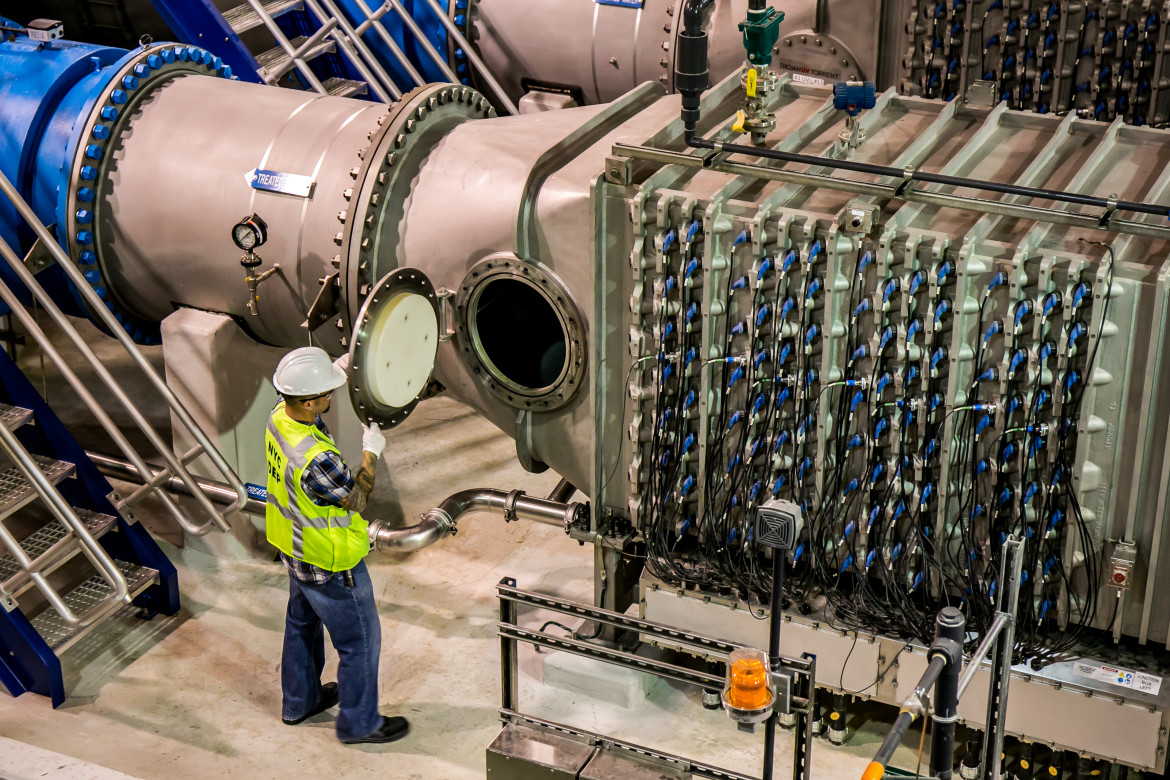Zeolite-modified electrodes for electrochemical sensing of heavy metal ions, heavy metal pollution is a significant environmental issue that threatens human health and ecosystems worldwide. Developing efficient and cost-effective methods for heavy metal detection is crucial for ensuring the safety of drinking water and reducing the negative impact of heavy metals on the environment.
In recent years, zeolite-modified electrodes have emerged as a promising tool for the electrochemical sensing of heavy metal ions due to their high selectivity, sensitivity, and stability.
Let’s dive in…
Zeolites are microporous aluminosilicate minerals widely used as adsorbents for heavy metal removal from water and wastewater. Recently, researchers have explored the potential of zeolite-modified electrodes for the electrochemical detection of heavy metals.
Using zeolites as a modifying layer on electrodes allows for the selective and sensitive detection of heavy metal ions in water samples. Several zeolites, including zeolite Y, zeolite A, and clinoptilolite, have been investigated as modifying layers for the electrochemical sensing of heavy metal ions.
Various approaches, including modifying zeolites with different functional groups and developing new electrode materials, have improved the performance of zeolite-modified electrodes for the electrochemical sensing of heavy metals.
For example, functionalizing zeolites with thiol groups can enhance the electrode’s sensitivity toward heavy metals. Moreover, combining zeolite-modified electrodes with other electrochemical techniques, such as differential pulse voltammetry and square wave voltammetry, can further improve the sensitivity and selectivity of heavy metal detection.
Future Directions
Despite the significant progress in developing zeolite-modified electrodes for heavy metal detection, several challenges still need to be addressed. One of the main challenges is optimizing the zeolite modification process to achieve the best performance of the electrode in terms of sensitivity, selectivity, and stability.
Moreover, the development of new zeolite materials and their modification with different functional groups can expand the range of detectable heavy metals and improve the sensitivity of the electrodes.
So what is the short version?
Zeolite-modified electrodes have shown great potential for electrochemical sensing of heavy metal ions in water samples. Combining zeolite modification with other electrochemical techniques and developing new electrode materials can further improve the sensitivity, selectivity, and stability of heavy metal detection.
The continued research and development of zeolite-modified electrodes will contribute to the advancement of heavy metal detection technologies and help address the global issue of heavy metal pollution.
Any solution?
Zeomedia is the only highly efficient zeolite-based filter media chemically cleaned to optimize its quality and performance.
It generates 60% less waste of water and energy in backwashes per year and up to 50% better filtration quality. It can also increase the production capacity of an existing plant by at least 30% or reduce the number and sizes of filters required per project by half.
What brings Zeomedia to the Table?
Zeomedia is the only high-efficiency zeolite-based filter media that has been chemically pre-washed to optimize its performance quality. It offers better particle retention of up to 1 micron, leading to superior filtration results and increased operational savings.
Additionally, our zeolite filters can be designed and operated at twice the flow rate compared to sand and anthracite filters (20 to 30 m/h), reducing the filter area by up to 50% and the capital cost of the filtration system by up to 40%.
Let’s talk..
Email: sales@zeomediafilter.com
Phone: (81) 3849 5959
References
- Li, C., Li, Y., Liu, M., Zhang, Y., Li, Y., & Li, G. (2020). Zeolite-based materials for electrochemical sensing of heavy metal ions: A review. Sensors and Actuators B: Chemical, 320, 128423. https://doi.org/10.1016/j.snb.2020.128423
- Zhang, H., Zhang, X., Wu, D., Wu, J., & Gao, J. (2021). Advances in electrochemical sensing of heavy metal ions using zeolite-based materials: A review. Microchemical Journal, 165, 106093. https://doi.org/10.1016/j.microc.2021.106093
- Kim, D., Choi, J., & Lee, S. (2019). A review on zeolite-based electrochemical sensors for environmental monitoring of heavy metal ions. Journal of Hazardous Materials, 378, 120746. https://doi.org/10.1016/j.jhazmat.2019.120746





